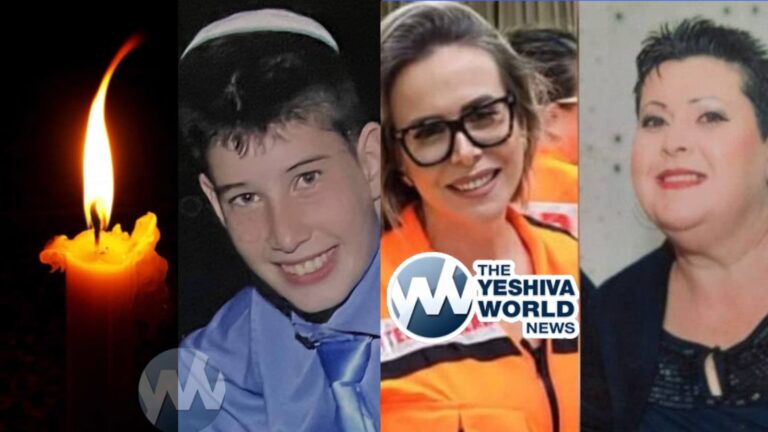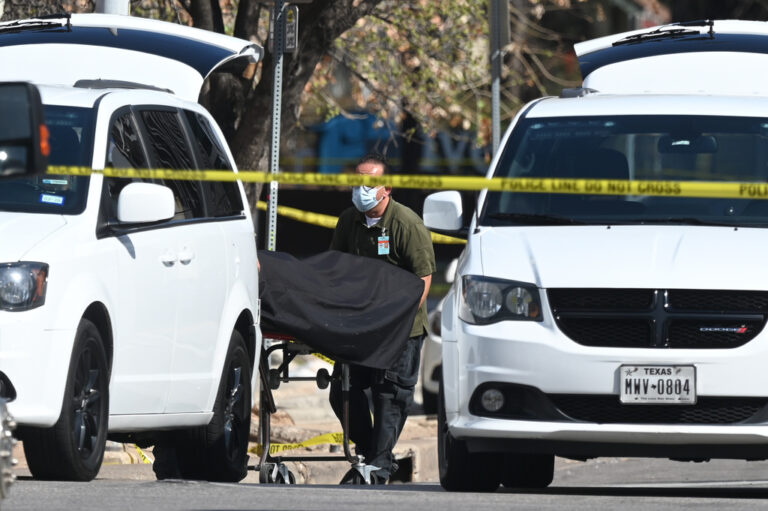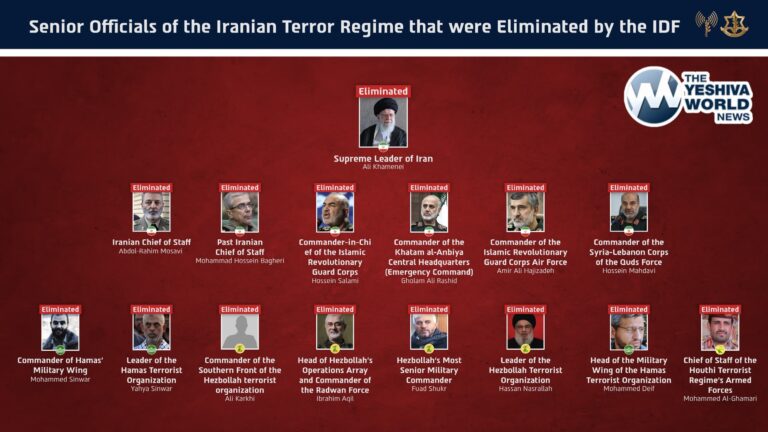![]() Despite our best wishes to the contrary, it is likely that many children will hear about the recent tragedy in Williamsburg or sense their parents’ sadness or anxiety. The staff of Project CHAI, Chai Lifeline’s crisis intervention program, offers the following tips and counsel for helping children cope with the shock and horror of this recent event.
Despite our best wishes to the contrary, it is likely that many children will hear about the recent tragedy in Williamsburg or sense their parents’ sadness or anxiety. The staff of Project CHAI, Chai Lifeline’s crisis intervention program, offers the following tips and counsel for helping children cope with the shock and horror of this recent event.
What are the first steps?
Prepare your children for hearing the bad news. Be serious, but do not allow your children to see that you are overwhelmed by the events.
Talk in clear, unequivocal terms. If your children ask about the facts, present them as you know them. Do not speculate. Use accurate, age-appropriate language and concepts. This is particularly important when talking to boys ages 6 – 12.
Allow your children to express their shock and horror. Don’t rush to provide explanations or attempt to reduce their fright and sadness. On the contrary, let them know that you, too, were shocked by the news.
It is likely that children will compare notes with their friends. If you distort the facts or try to cover up the incident, you may exacerbate their fear and lose their trust.
We gave our children basic information. Now what do we tell them?
Once your children’s emotions have settled, emphasize that this is a rare occurrence.
Make it clear that the family did nothing wrong. They were not bad people. This was not punishment for anything they did. Nor were there bad people who purposely inflicted this pain and suffering on the family.
You can talk to your children about your beliefs about olam haba’ah or other concepts that you think we comfort them.
Some things to remember:
Some children may have no overt response. That’s fine. Children differ in their emotional responses to tragedy. They may exhibit signs of anxiety or sadness hours or even days later, or you may see no signs at all. A lack of outward response does not mean that the child is not sensitive to the event or that s/he is not feeling sad.
Children who have experienced tragedies themselves or who are going through a rough time in their lives will be more vulnerable.
Those who knew the family or lived near them may respond more profoundly. In addition, their lives may be disrupted to a greater extent as their families or neighbors may be directly helping the extended family get through the first days and weeks.
Crying is a normal response to death. Parents do not have to hide their tears from their children, but should not appear overwhelmed or out of control. On the contrary, explain that crying is normal and healthy when faced with tragic situations.
Adolescents, particularly girls, may have a very strong response. If you feel that this is the case, try to gently contain the response, but allow them to feel and express the pain.
Projects, davening, and tzedaka may help dispel fear and distress.
Let your children know they can come to you at any time with their questions.
A few points about pre-school age children:
Very young children will not understand the deaths, but they may be scared. Reassure them that this was a very rare event and it will not happen to their parents or other loved ones.
Children who are very young may associate the tragedy with comparable, harmless situations where their parents travel by car. If your children exhibit anxiety about car travel, reassure them that car travel is very safe and that you are very safe.
Young children are very intuitive. They will be watching your facial expressions and body language and listening to the tone and timber of your voice. Make sure you have dealt with your emotions before speaking to them.
Feel free to contact the staff of Project CHAI at 212 894-8240 or 917 710-7857 if your children’s sadness or anxiety does not dissipate or if you feel that additional assistance is warranted for any reason.
Dr. Norman N. Blumenthal, Director
Crisis Intervention and Project CHAI
Zahava Farbman, LCSW
Associate Director, Project CHAI
Rabbi Yaakov D. Klar
Director of Community Outreach
Chai Lifeline – Project Chai
877 CHAI-LIFE
(YWN World Headquarters – NYC)











2 Responses
There was no mention what to tell the kids when they ask abt the newborn baby. Born, a yossom. My kids don’t stop asking abt him.
thank you so much for sharing this vital information with us. sometime we lose sight of how others, especially children are dealing with tragedy. death is a part of life, tragedies and natural and it is important for children to learn how to handle their emotions and become healthy adults!